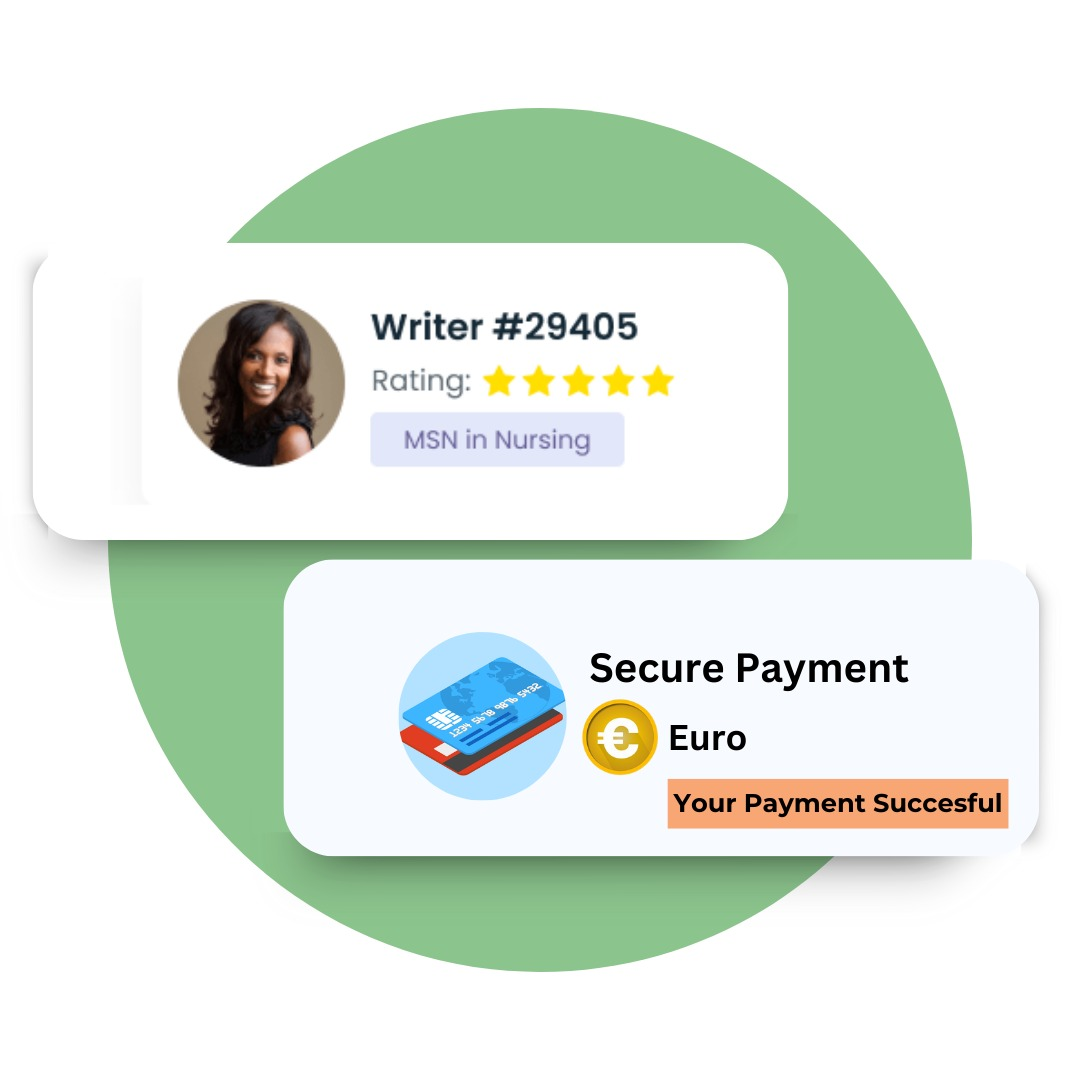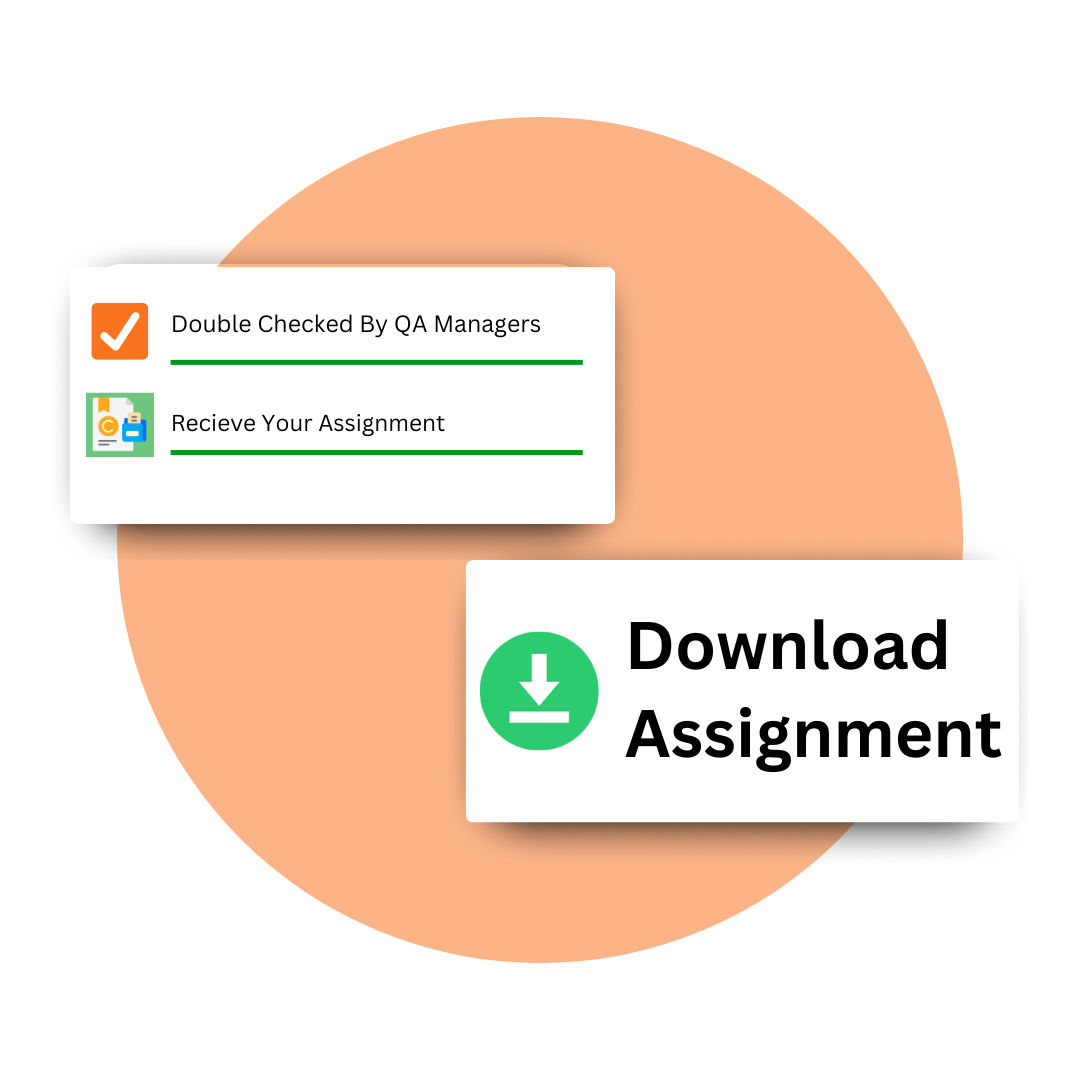Follow this step-by-step guide to get the best ILM Level 7 8581-703 assignment writing help!

Fill out the order form to hire our ILM Level 7 8581-703 assignment writers and include all the important documents in the form.

Our team will send you a quote after you receive your order form. You can pay using PayPal, credit/debit card, or online banking services.

Download your completed ILM Level 7 8581-703 assignment from the mail once our writers have completed it.
Our team of professionals is made up of competent coaches and mentors holding advanced qualifications in the area of leadership and management. They are versed with ILM Level 7, taking into account what might be required within the scope of learning outcomes of a given assignment.
We ensure 100% original work free from plagiarism and AI-generated content. Every assignment is thoroughly researched and written from scratch to satisfy the exact requirements.Compliance with the ILM Guidelines
Our writers ensure that your work is marked according to ILM's marking criteria, focusing on reflective analysis, critical thinking, and real-world application of coaching and mentoring practices.
For us, adhering to deadlines is paramount. We don't matter whether you need urgent help or have a longer time frame; we ensure your work is delivered on or before the agreed date.
Completing the ILM Level 7 8581-703 assignment on reflecting on your ability to perform effectively as a coach or mentor at a senior level requires not only deep insights but also an excellent command of professional writing skills. Much of this assignment requires a thorough analysis of your leadership and mentoring strategies, evaluation of real-life practices, and critical reflection on personal and professional development. Our team of native UK writers is always here to help if you don’t have time or are struggling with this particular assignment so that you can submit a high-quality, properly structured assignment on time.
We specialise in customised assignments based on the ILM guidelines. Our service ensures proper adherence to formatting styles like APA, Harvard, or MLA depending on your need, along with thorough editing and proofreading of your content so that it is error-free. Our writers adopt reflective models, such as Gibb’s Reflective Cycle or Kolb’s Experiential Learning Cycle, to create a strong, coherent story. We also ensure your work is well-researched, supported with credible references, and aligned with the core objectives of the ILM Level 7 module.
Critically reviewing communication skills, emotional intelligence, and relationship-building abilities in a diverse environment involves analysing strengths, weaknesses, and areas for growth:
Understanding the influence of personal ethics, values, beliefs, attitudes, and integrity on coaching or mentoring relationships is essential and requires reflection in their critical review:
By recognising your strengths and areas for improvement, you improve your ability to effectively support others’ development and performance.
The client’s role, position, organisational context, and cultural attributes play an important role in determining the relationship between coaching or mentoring as follows:
It is through the critical understanding of these factors that coaches and mentors can tailor their approach in ways that respect the unique circumstances of their clients and further meaningful development.
Knowing these allows a coach or mentor to tailor their approach. Fostering trust, aligning goals, and maximising the effectiveness of the relationship are also involved.
In developing your personal coaching/mentoring profile, the following should be included:
Supporting Paperwork: Attach feedback forms along with progress-tracking documents to evaluate success as well as client development.
Read real reviews from our happy customers and see why students trust us for their assignments.
A
Alex Turner

ILM Assignment Helper played a key role in my success with ILM Level 3 assignments. Their team offered exceptional insights, guidance, and support. They ensured I understood the core concepts and applied them in my coursework, resulting in fantastic grades and a more solid grasp of leadership principles.
M
Michael Thompson

ILM Assignment Helper delivered high-quality work for my ILM Level 7 assignments. Their expert writers incorporated advanced research and real-world examples that directly aligned with my academic needs. With their support, I achieved excellent grades and was able to apply the knowledge practically in my career.
E
Emma Green

I couldn’t have asked for better help with my ILM Level 3 assignments. ILM Assignment Helper’s team provided clear, concise, and well-researched content that directly addressed the challenges in my coursework. With their help, I improved my grades significantly and gained a clearer understanding of leadership principles.
D
Daniel Hughes

I was having difficulty understanding some of the more complex management theories in my ILM Level 5 course. The team at ILM Assignment Helper provided tailored support that helped me break down these concepts into easily digestible pieces. Their research and writing assistance improved my work quality and led to top grades in my assignments.
C
Charlotte Roberts

ILM Assignment Helper was a lifesaver during my ILM Level 7 course. Their expert writers not only provided high-quality, well-researched content but also made sure the assignments aligned perfectly with the requirements of my curriculum. Thanks to their assistance, I passed with distinction and gained insights that will benefit me in my career.
J
James Carter

I was struggling to understand the practical application of leadership theories in my ILM Level 3 assignments, but ILM Assignment Helper made everything clear. The team’s input was invaluable, helping me complete my work with a deep understanding of how these theories apply to real-life situations. I received excellent grades thanks to their support.
Our specialists are ready to help you tackle any assignment. Sign up for expert support today!
